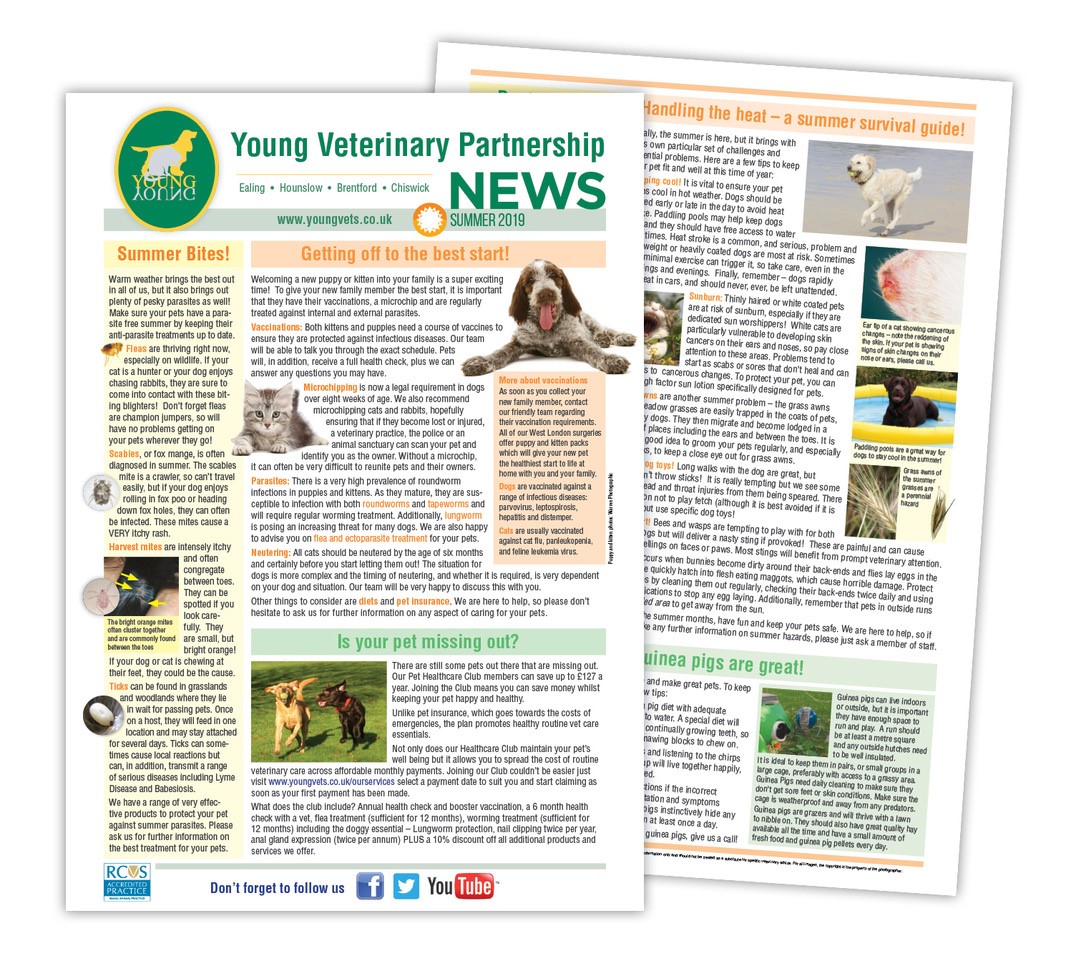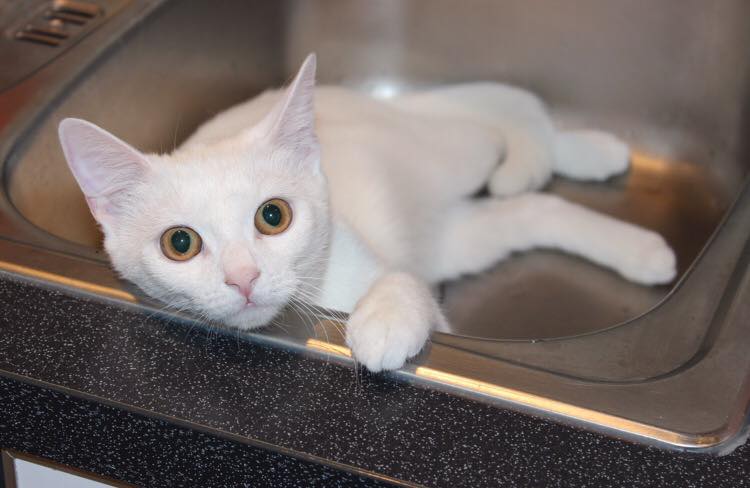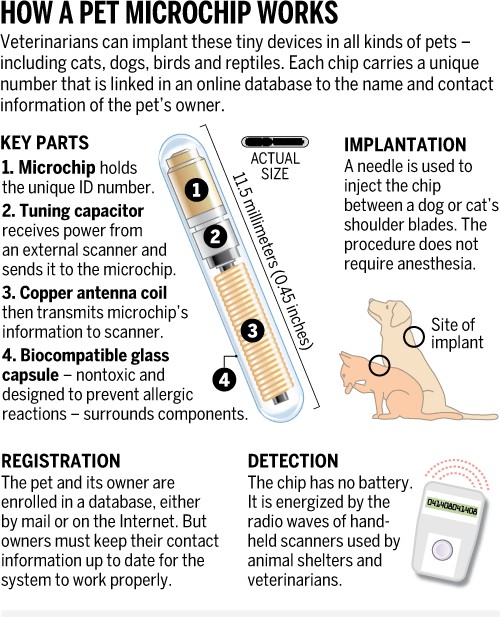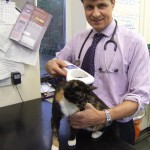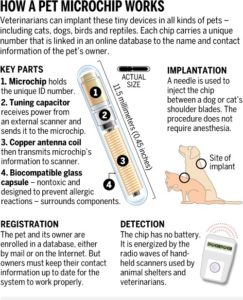Can you pinch an inch?!
Can you pinch an inch?! With pet obesity becoming increasingly common, it is wise to know the additional strain that carrying these extra pounds can put on your pets body. Our Spring News, discusses how to visually assess your pets weight from home, the problems associated with pet obesity and how to help your pet if they are a little larger than they should be.
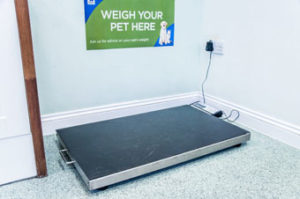
Did you know, all of our clinics offer FREE weight checks, just call our friendly reception teams and they can arrange a time that suits you. Drop in, pop your pet on the scales and if necessary we can refer you to a vet or nurse for further advice on your pets weight.
Spring has sprung!
Now is a great time to build up your dogs exercise programme, if it was reduced during the cold, dark winter weather. Our Spring News discusses how to build up exercise over time, and why you should always throw a ball NOT a stick, for your dog. Click here to read our top tips for Springtime Pet Care.
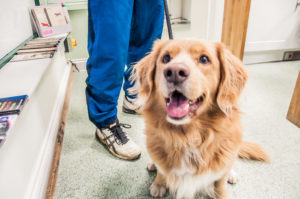
New arrival check list
Are you introducing a new pet to your family in 2023? We’ve put together some top tips on things to consider before your new pet arrives. From vaccinations and parasite protection, life stage diets and pet insurance, our Spring News Blog includes all the veterinary essentials you need to consider for your new pet.
If you are not yet registered with a vet, register yourself and your new family member with our friendly team today Register your pet – ealingvets We are passionate about pets and cannot wait to meet your new family member.

Kennel Cough
Our Spring News discusses the harsh, honking canine virus – Kennel Cough. If you have a dog, Kennel Cough is something to be aware of, it can come on suddenly and can sound quite distressing! Our Spring News discusses how the virus can be spread, the high risk areas and how prevention is better than cure.

Don’t forget our Pet Healthcare Club is still welcoming new members! Sign up today and start spreading the cost of your pets veterinary essentials across affordable monthly payments on a date that suits you. Our Healthcare Clubs includes all of your pets veterinary essentials, payments are spread across affordable monthly payments on a date that suits you – From vaccinations to parasite protection, its all included.
We hope you enjoy reading the articles mentioned in our Spring News. If you have a question please do not hesitate to contact our friendly team for more advice on your pets individual needs.









